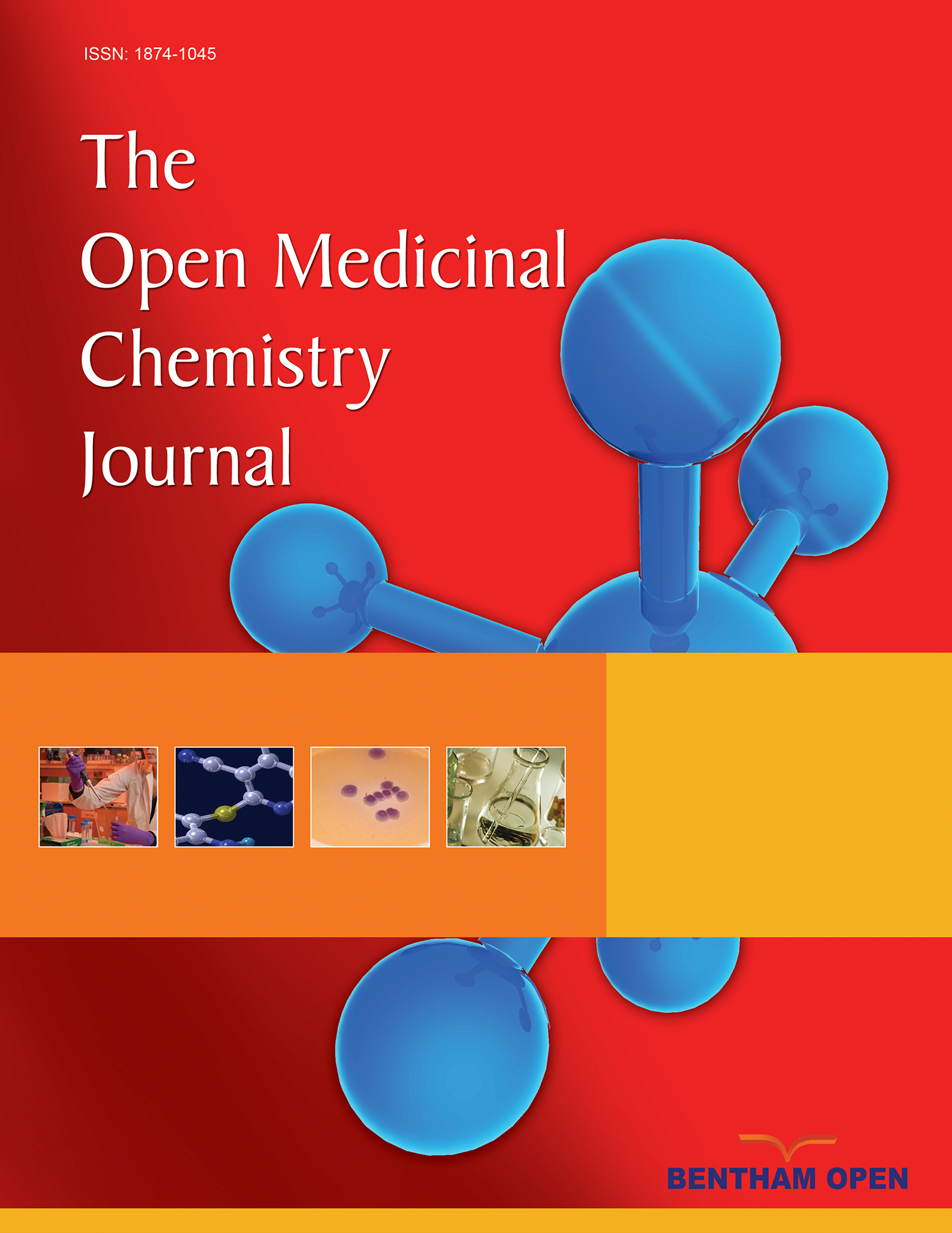All published articles of this journal are available on ScienceDirect.
Editorial - Drug Development to Protozoan Diseases
Abstract
The diseases caused by protozoan parasite are responsible for considerable mortality and morbidity, affecting more than 500 million of people in the world. The epidemiological control of protozoan is unsatisfactory due to difficulties of vector and reservoir control; while the progress in the development of vaccine tends to be slow and arduous. Currently, the chemotherapy remains essential component of both clinical management and disease control programmer in endemic areas. The drugs in use as anti-protozoan agents were discovered over 50 years and a number of factors limit their utility such as: high cost, poor compliance, drug resistance, low efficacy and poor safety. In the recent years, the searches about the development of new drugs against protozoa parasite have been increased. This special issue of The Open Medicinal Chemistry Journal will present some of developments in this field with the aim to shown the significant advances in the discovery of new anti-protozoan drugs


